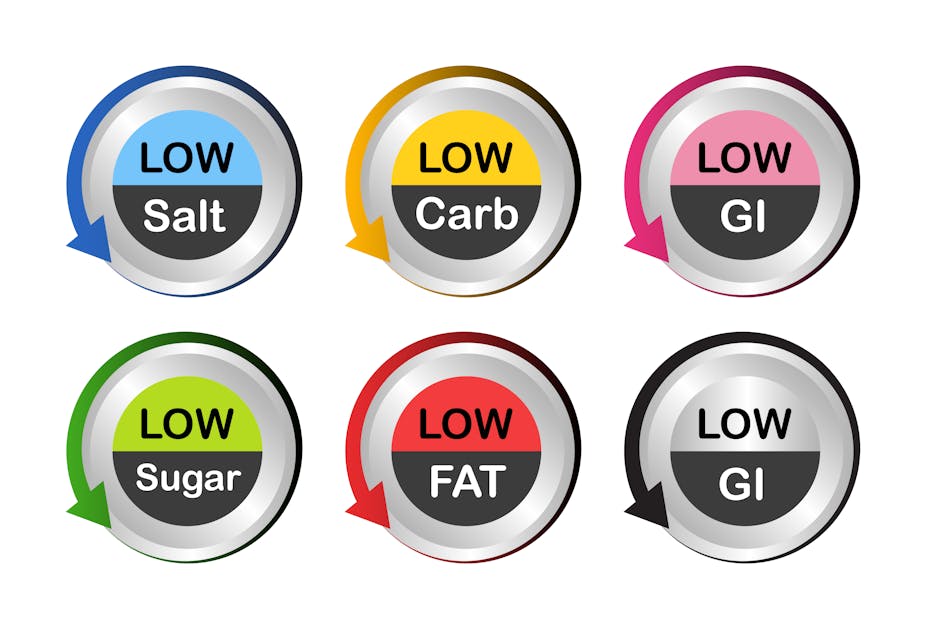Consumers in the UK rely on and trust their local authorities to carry out the necessary checks on food businesses, restaurants and takeaways to ensure they are operating within the rules – from environmental health standards to food labelling. But businesses are actually allowed to pay these same local authorities for advice.
This provides a useful income stream for cash-strapped councils and, perhaps, inadvertently creates a relationship of suitor and donor with the implicit conflicts of interest that such a relationship brings. Our new research uncovered this little known practice and I believe it is something the public should be more aware of.
When local authority regulators enforce the law relating to nutrition and health claims made about foods, our study found that some trading standards and environmental health officers gave advice (for which they sometimes charged) to businesses on how to comply. They did this instead of taking enforcement action. This is legal but consumers are unaware of it and its full implications.
There are around 1,500 such partnership arrangements between local authorities and businesses. In this arrangement, a food manufacturer can get advice from the council about how it can claim it’s noodle salad, for example, is a “superfood” or “high in protein”.

Consumer protection and the EU
The use of claims such as “high in fibre” or “enhances your body’s natural defences” in food labelling is governed by Regulation (EC) 1924/2006 which requires that they must be scientifically substantiated. The European Food Safety Authority assesses the claim and makes a recommendation based on the evidence, publishing its findings on the EU Register on nutrition and health claims
Where a claim is authorised in relation to a food or ingredient, it may be used by food manufacturers to promote the sale of the food or a product that contains the ingredient to consumers. This way, consumers know that they will not be misled by claims that are false or exaggerated.
There has been a lively debate around this regulation. But the EU has designed a harmonised system that provides strong consumer protection. The enforcement of the regulation is a matter for member states and, in the UK, this job is given to local authorities.
Increasing food ‘claims’ but fewer prosecutions
While there are increasing claims made for foods, there are few reported cases of prosecutions under the regulation. We interviewed 20 trading standards and environmental health officers to find out why. These officers are responsible for enforcing a wide range of consumer law, from dangerous toys and fake alcohol to underage sales of tobacco and food hygiene. In the light of these demands, we found that enforcing health and nutrition claims was low on their list of priorities.
Of course, false claims aren’t as immediately risky as unhygienic food preparation. But multiple, low-level infractions pose their own, often long-term problems for consumers.
The lack of prosecutions might indicate high compliance levels or there may be other reasons – for example, a lack of appetite for an expensive and lengthy legal wrangle with a large food business or, at the other end of the spectrum, a futile and dispiriting spat with a rogue trader.
Local authority regulators have borne the brunt of government austerity cuts so it would be unsurprising if traders felt they were safe from the risk of any real action.
An advisory approach to regulatory enforcement may now be a necessary component of an effective enforcement strategy. But the shift to an advisory role can create additional pressures for regulators. We found that there was an expectation from businesses that regulators would be on hand to provide advice free of charge whenever it was required.

But we also discovered that, rather than an alternative to action, advice represented a preliminary step towards stronger measures and that there was a pyramid of enforcement action with fewer but more grave cases the higher up you ascend.
While providing advice is a reasonable and pragmatic response to achieving compliance, it should not hamper a regulator’s ability to take action. Nor should it create a conflict of interest where the enforcer provides the advice as a service for which it levies a charge. The roles of advisor and enforcer are distinct and where they overlap, enforcers need to exercise their discretion independently with an overriding duty to the public.

